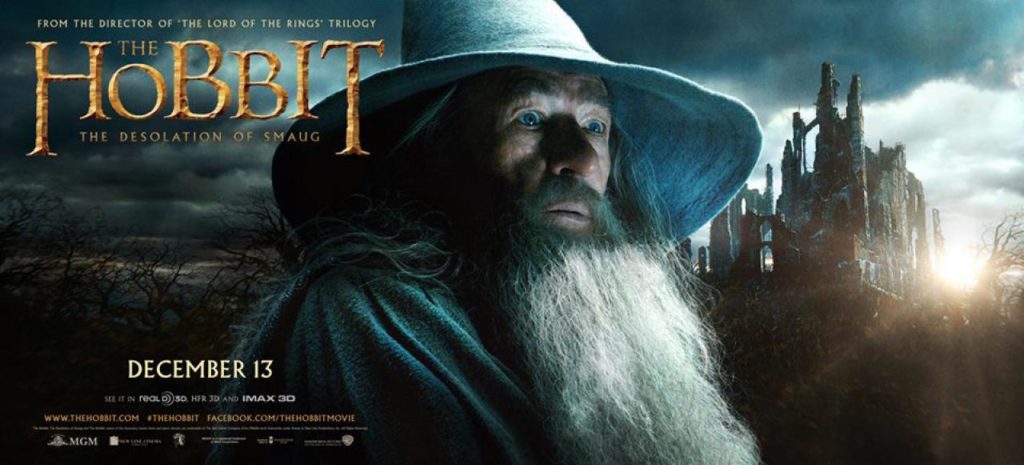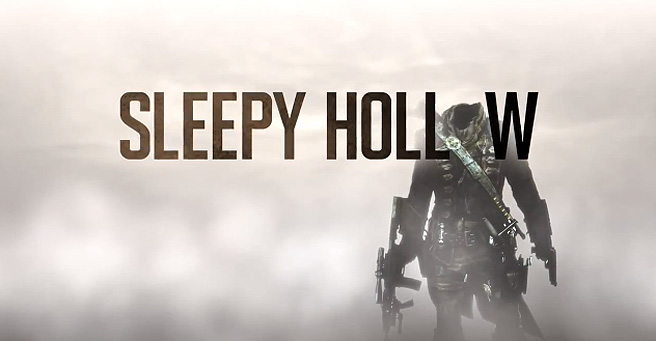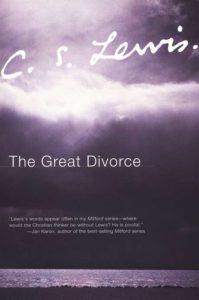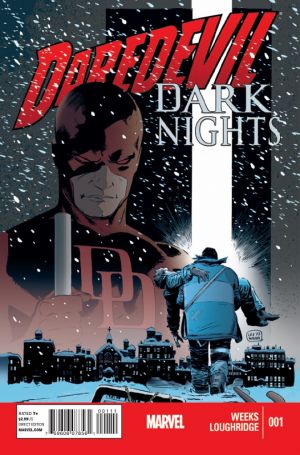More Middle-earth, and Even More Narnia?
 The second of two trailers for The Hobbit: The Desolation of Smaug arrived this morning. For the first time, Iâm embedding it here and even tentatively extolling its awesomeness without having actually seen it. So far Iâve also successfully avoided trailer spoilers.1
The second of two trailers for The Hobbit: The Desolation of Smaug arrived this morning. For the first time, Iâm embedding it here and even tentatively extolling its awesomeness without having actually seen it. So far Iâve also successfully avoided trailer spoilers.1
Yes, marriage is a great thing, particularly marriage to a woman whose Tolkien fandom is double the years of your own. So itâs far better for us to view Middle-earth trailers together.
So, presumably, itâs a good day to be a fantasy fan, yet not only because of The Hobbit 2.Also, this just in from NarniaWeb, where Iâm still a Moderator Emeritus:23
This morning the official Narnia Twitter and Facebook accounts announced that the Mark Gordon Company will produce the next the next Narnia movie: The Silver Chair.
They link to this tweet:
Breaking news Narnia fans– #Oscar-nominee Mark Gordon to produce next #Narnia movie. #SilverChair. pic.twitter.com/hz4l6JFNLM
â Official Narnia (@OfficialNarnia) October 1, 2013
NarniaWeb news poster âTirian,â the siteâs founder, reminds readers that an actual film could be years away, especially if former Narnia rights-owner Walden Media isnât involved.
ComingSoon.net later updated with a fuller article, including quotes from Chronicles of Narnia author C.S. Lewisâs stepson and estate shepherd, Douglas Gresham, and newcomer producer Mark Gordon himself.
Mark Gordon stated, “Like many readers, both young and old, I am a huge fan of C.S. Lewis’s beautiful and allegorical world of Narnia. These fantasy stories inspire real-world passion among millions of devoted fans around the world. As we prepare to bring the next book to life, we are humbled and excited to contribute to the outstanding legacy of Narnia.”
Douglas Gresham, stepson of C.S. Lewis[,] stated, “I have a great deal of respect for Mark Gordon’s work and am confident that together we can bring the beauty and magical delight that Narnia engenders in the hearts of those who read the books to the screen in ‘The Silver Chair.’ I am very much looking forward to diving once more into Narnia, this time with Mark Gordon and his team.”
Mark Gordon and Douglas Gresham along with Vincent Sieber, the LA based Director of The C.S. Lewis Company, will serve as producers and work with The Mark Gordon Company on developing the script. Michele Wolkoff and Sara Smith will oversee for The Mark Gordon Company.
Disney co-produced the first two films â The Lion, the Witch and the Wardrobe in 2005 and Prince Caspian in 2008 â before dropping out of a third. 20th Century Fox picked up The Voyage of the Dawn Treader, which released in 2010 (with a post-converted 3D version).

If you see Evil Green Mist⢠in Dawn Treader, people are about to be tempted not to follow their hearts.
And Dawn Treader was awful.4 It was awful as a standalone film, but it was especially awful as an adaptation of Lewisâs third Narnia chronicle. Where the story focused on episodic adventures on a variety of islands, all on a single voyage to the end of the world and Aslanâs country â the one place worth giving anything to see â the movie mutated this into yet another video-game-style quest to collect Items and lame âspiritualâ journey of self-discovery. Like the converted 3D version, it was an attempt to make shallow things look deep. Neither false-deepening was effective.
So will a new producer and team-up make a better Narnia film? Iâm cautiously opti â no. Iâm only cautious. And Iâm a little more cautious because of Gordonâs quote, in which he refers to âC.S. Lewisâs beautiful and allegorical world of Narniaâ (emphasis added).
Mr. Gordon: Donât do that. No. Really, donât. Really. Donât.
What do you hope from a fourth Narnia film, if any film at all? And what did you think of the second Desolation of Smaug trailer?5
- Note: Internet difficulties have beset SpecFaith editor and regular Monday columnist Rebecca LuElla Miller. Please pray for her connection to be restored soon. ↩
- Because âonce a mod or moddess on NarniaWeb, always a mod or moddess on NarniaWeb. ↩
- Also: I met said Tolkien-fan wife on NarniaWeb, talking about predestination and free will. True story. ↩
- See Fighting Man-Centered Monsters in Christian Fantasy, Dec. 16, 2010, and Defeating Man-Centered Monsters with Greater Stories, Dec. 23, 2010. ↩
- Iâll actually read any comments about the latter only after about 7 p.m. Eastern Daylight Time. ↩

































































